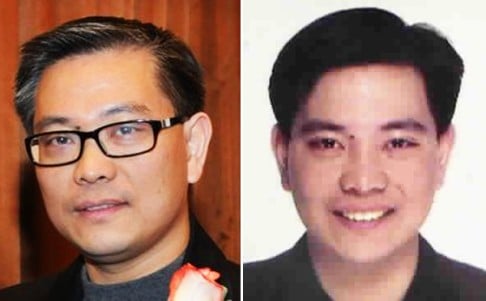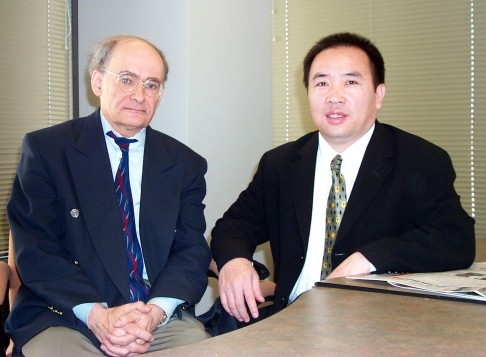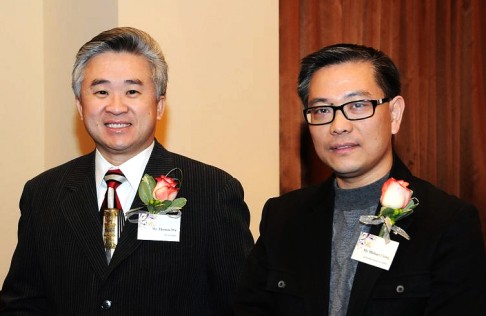
Exclusive | Chinese graft fugitive Cheng Muyang, now a Canada property mogul, seeks refugee status
Vancouver property magnate, unveiled as mainlander on the run from graft-busters, has hired same lawyer as smuggler Lai Changxing
UPDATE: Michael Ching Mo Yeung has commenced legal proceedings against South China Morning Post in the Supreme Court of British Columbia. Mr Ching alleges in his lawsuit that this article contains false and defamatory statements, and that the conduct of South China Morning Post and its reporter was malicious, reprehensible, high-handed, and blameworthy.
Chinese corruption fugitive Cheng Muyang - who has been identified as Vancouver property developer Michael Ching Mo Yeung – is seeking refugee status in Canada as he seeks to evade mainland authorities.
Lai also claimed refugee status in Canada in a last-ditch bid to thwart mainland authorities; he failed, and is now serving a life sentence in China.


Ching has refused to discuss the Post’s discovery of his identity, and calls to his office went unanswered on Wednesday.
Ching Mo Yeung, whose pursuit of Canadian citizenship has been winding its way through the Federal Court system since at least 2006, has managed to keep some details of his legal history sealed.
However, court listings show that the Federal Court in Winnipeg, where Matas is based, has scheduled a special hearing on June 23 for Ching Mo Yeung to challenge the rejection of his refugee claim.
READ MORE: Major Vancouver property developer is a Chinese corruption suspect wanted by Interpol
The Post asked Matas to confirm that his client was Mo Yeung International’s Michael Ching. Matas was also asked to confirm that his client was also Cheng Muyang, as depicted in the Interpol Red Notice.
“I cannot respond to queries about clients without authorisation from clients,” said Matas in a carefully worded statement on Tuesday. “If I were to give this response only in cases where persons were clients, the response would become a confirmation that the person is my client. In order for confidentiality to be comprehensive, I cannot respond to the question whether someone is or is not my client, even if the person is not my client.
“I can inform you that, as a general practice, when I receive a media inquiry about a client, I do pass it on to the client.”

The Post has received no response from Matas’ client to its request for an interview.
Matas is a vocal critic of China’s government who in 2006 co-authored the Kilgour-Matas report on allegations of live organ harvesting in China. He has also condemned Canada’s 2011 decision to extradite Lai, who he portrayed as a scapegoat.
Cheng Muyang, 45, is the son of Hebei communist party chief Cheng Weigao, who was himself investigated for corruption and expelled from the party in 2003. He died in disgrace in 2010. Cheng Muyang was included last week on a list of 100 fugitives being sought by China’s Central Commission for Discipline Inspection (CCDI). Cheng Muyang emigrated to Hong Kong in 1993, according to state media. Accused of graft and concealing illegal asset transfers, he then fled to Canada in 2000, the CCDI said.
A database of case submissions mentions a July 2006 letter from Ching Mo Yeung, in which he refers to an “alleged investigation” that apparently delayed the decision on his application.

Less than three months later, Ching Mo Yeung’s application for refugee status was rejected, subsequent court action demonstrates.
UPDATE: On August 23, 2016, Interpol concluded that data registered in its files concerning Michael Ching Mo Yeung was not compliant with Interpol’s rules and, accordingly, the data including the Interpol “red notice” previously issued was deleted.

